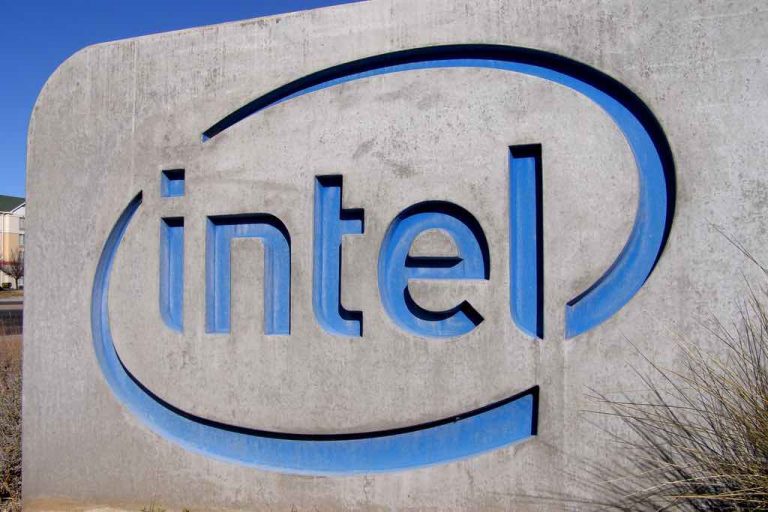¿Without miners? Intel seeks to automate the verification of DLT blocks
In a patent published on Thursday, the company is seeking a method to automate the verification of blocks using distributed book accounting (DLT) technology.
The software technology and programming giant Intel is seeking to create a new verification method to protect transactions in a distributed accounting record.
In a document published last Thursday by the United States Patent and Trademark Office, the company describes a method by which it would automatically divide and update the distributed accounting books, by means of a processor able to independently verify that the new blocks are valid and can attach to the accounting book.
This is different from the advanced conventional mining method in Blockchain networks such as Bitcoin, which depend on a network of nodes that compete with each other to verify and record transactions in exchange for rewards.
The patent application explains that some of these distributed accounting systems (DLS) could also be Blockchain, but makes a distinction between the two related technologies.
The nodes that cooperate with each other to maintain and build a certain distributed accounting book may be called a "distributed record system" (DLS). A DLS can maintain a Blockchain without any central authority. Instead, nodes can use processing resources to carry out validation and other functions (for example, generate PoWs), and the nodes can cooperate to ensure a universal or consensus agreement on the status of the general ledger. "
According to the application, physical computers would need to be preprogrammed with certain parameters to define how a block could be validated.
However, in discussing the scalability concerns faced by Blockchain networks today, the patent application also notes that distributed accounting records may not be the most efficient form of data storage.
In the patent it is stated:
Distributed accounting books have inherent scalability problems. When all validators in a DLS must have a copy of all transactions, all transactions must be transmitted to all validators. These issued transactions create a large number of messages on the network. "
As this would create a large number of network messages, a DLS may impose "significant storage requirements" and "may not scale well," he adds.

This user is on the @buildawhale blacklist for one or more of the following reasons: